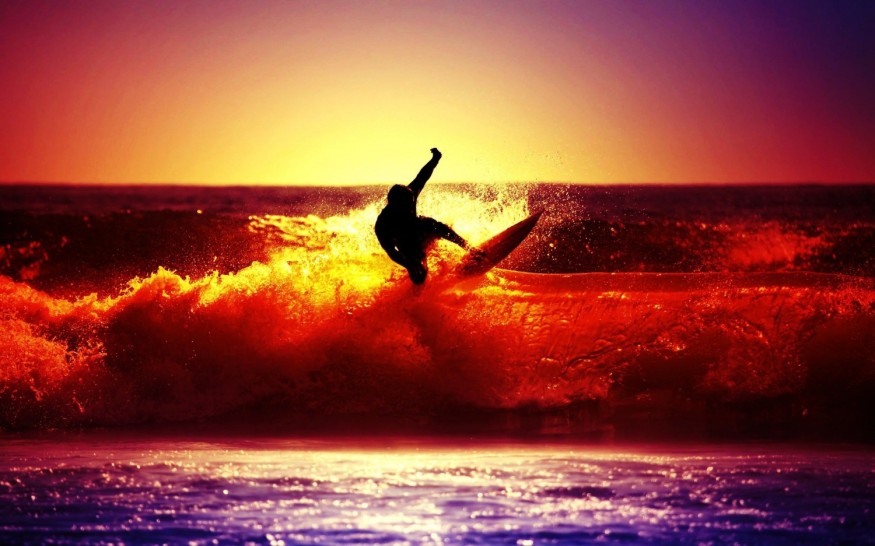
It's very tempting to pick up your surfboard and go and try to catch some waves. A lot of surfers would tell you that beginner's luck will be on your side, and you just need to get in the water.
The reality couldn't be further from the truth. From our experience, surfing is one of those things that grow on you. The more experienced you are, the better it gets. There's a big never-ending learning curve, and we've done the research for you to make it smoother.
It Doesn't Start Smooth
When it comes to difficult and complicated sports, surfing is way up there. It's obvious, right? No wave is the same as another one. No current is equal to another current. Your field is in a constant state of change.
Wind, ebb, flow, and even temperature are things that can affect your surfing experience. You could have been surfing your whole life but still find some days more challenging than others. There's no moment where you stop falling into the water!
A Good Board Goes a Long Way
The right equipment can make a world of difference. A surfboard can actually determine whether you catch over a dozen waves or none. This goes past having the newest or best equipment.
In a surfboard, the dimensions are what really make a difference. Volume, thickness, length, and the rocket all affect your flotation, your speed, and your equilibrium. When you start, you want to opt for more volume. More volume gives you more flotation. You also want to opt for a foam board. Choosing the right equipment store, such as the products and reviews on this website, can really better your experience.
Getting the Right Spot
This is one of the most important points on this list. This can literally make or break you as a surfer. A lot of people would tell beginners to start on a beach break because it's safer. This is only true to an extent.
To make it worse, some spots are great on some days and suicidal on others. Everything depends on the wind and how the currents are moving. We recommend checking the weather, asking surfers, and reading about surf spots online.
Ask the Experienced Surfers
Because surfing is such a complicated sport, it can be very technical. The margin of error is rather small. It's very advisable to be open to learning more every day. In surfing, you will never stop tweaking old habits.
Get online, go to the beach, hit up surf-towns but make sure you ask a handful of seasoned surfers before you get on your board. Basic techniques are easy to teach, and most surfers are happy to share their knowledge.
Learn the Code, and Use It
Like any subcultures, surfers have an unwritten code. We dug up a few of the most important guidelines to help you get started without too many faux-pas.
Don't 'drop In'
This is a big one. One wave can only carry one surfer. If you see someone catching a wave, don't steal their thunder. A surfer who's closer to the peak has priority.
Choose a Good Spot for Your Skills
Choosing a spot that's too easy makes you look like you're showing off and choosing the one that's too difficult makes it uncomfortable for everyone around. Be honest to yourself and kind to others.
Respect Traditions
Every surf spot has its rules and codes. Some are solely for locals, while others are more welcoming. Remember, you're never home. Be mindful and respectful to every spot. Observe other surfers before you start catching waves.
Get Out There
It looks like you're all set to get a board and go and catch some waves. There is no need to wait any longer! Get out to your local spot and start learning today. Surfing is such a great sport, and you will make lots of new friends. Have fun!
This article is copyrighted by Travelers Today, the travel news leader



